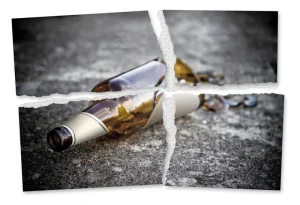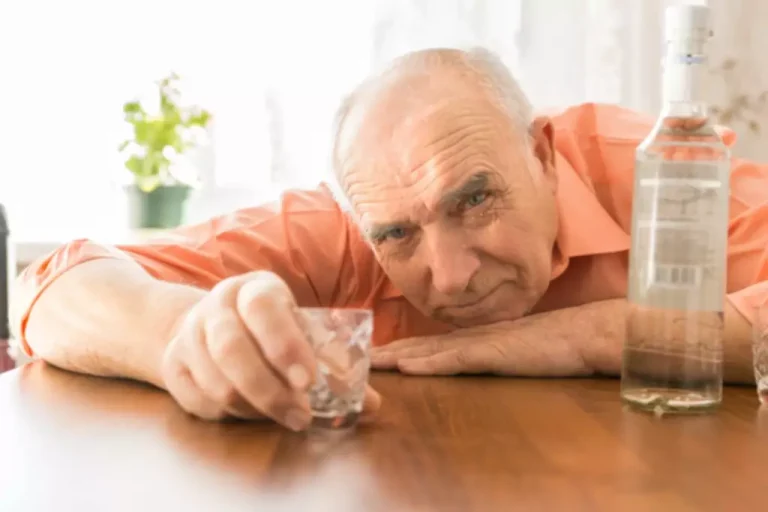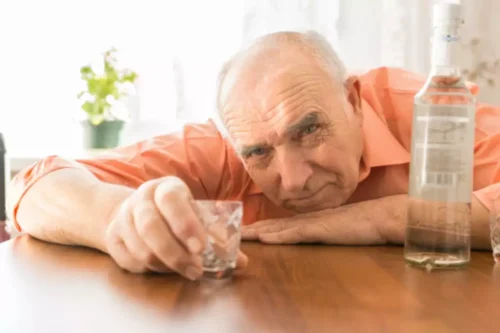
Dehydration can lead to an imbalance in electrolytes, which may cause additional symptoms like muscle cramps or irregular heartbeats. Therefore, replenishing both fluids and electrolytes after drinking is crucial for recovery. If you’ve eaten some food and have consumed a glass of water, you can drink a few glasses of wine before you start to feel the effects of mild to moderate dehydration. Of course, the more you urinate, the faster you’ll become dehydrated if you keep following up with more glasses of wine.

Impaired liver health
- The liver is responsible for processing substances in our body, and it’s no different when alcohol is present.
- Low levels of electrolytes can lead to muscle cramps, weakness, and fatigue.
- Another significant impact of alcohol on the gastrointestinal system is its effect on water absorption in the intestines.
- Social drinking is just part of the holiday package — and homemade cocktails, wine, and champagne all deserve a spot in your celebrations.
- It seems simple, but water truly is the best beverage when it comes to fast rehydration.
As important as alcohol content may be, even more important is how much you drink in a given sitting. Drink too many beers too quickly, and you’ll end up as dehydrated as you would taking a shot at the bar. « Drinking one beer over the course of a dinner will not increase your blood alcohol levels as much as if you drank four beers in the same time frame, » says Rumsey. Sugary and caffeinated drinks can have diuretic effects similar to alcohol, leading to further dehydration.
Alcohol Dehydration Symptoms
Our cells rely on a delicate balance of water and electrolytes to function properly. However, excessive alcohol consumption can disrupt this balance by altering the osmotic pressure within our cells. This can lead to changes in cell volume and function, potentially impacting overall hydration levels. It’s important to remember that maintaining cellular water balance is vital for the proper functioning of our organs and tissues. Studies also show that alcohol dilates the blood vessels, which leads to an increase in blood flow to the skin.
The Role of ADH in Fluid Regulation
Additionally, practicing moderation and being mindful of alcohol consumption can help minimize the risk of dehydration. Water requirements are not different for older amphetamine addiction treatment adults compared to younger individuals. However, because of physiological changes due to ageing, older adults are at a higher risk of dehydration. A large proportion of the elderly consume alcohol in moderation, and, therefore, it is important to test the diuretic effects of moderate amounts of various alcoholic beverages in the elderly.
“Essentially, when you’re dehydrated, you’ll feel alcohol’s effects sooner and for longer,” Pfau says. Alcohols like whiskey and brandy have high levels of congeners, including tannins and acetaldehyde. These might lead to dehydration more quickly, according to a 2010 study 8 9. But the type of alcohol you choose affects how dehydrated you become. « The darker the beverage or higher the alcohol by volume (ABV) concentration, the more dehydrating it can be, » says New York City-based addiction specialist Aaron Sternlicht, LMHC, CASAC.
Food intake:
- Often, addicts are only told that they have an alcohol use disorder and must never drink again.
- These can all be exacerbated by alcohol consumption, making it important to be mindful of your hydration levels when drinking.
- “Stronger alcohol might provoke more dehydration, but it truly has not been studied enough to know for sure,” she says, pointing to a 2017 study published in Nutrients.
- Alcohol triggers histamine release, leading to skin redness and other unpleasant symptoms.
No confounding factors were taking into account in the randomization because all participants received all beverages. Dehydration can also impact heart function, increasing the risk of heart attack or stroke, especially in people with pre-existing heart conditions. Alcohol-induced dehydration can also decrease reaction time, making it more challenging to respond quickly to unexpected situations, such as sudden stops while driving or avoiding obstacles. Dehydration can impair physical coordination and reaction time, leading to an increased risk of accidents, such as falls or injuries. Dehydration can increase the risk of heat stroke, especially when combined with exposure to hot and humid environments, such as in a crowded bar or nightclub. The more you drink in a single setting, the more dehydrated you will become.
The best way to quickly rehydrate is to regain the minerals flushed out due to excessive urination. Although it’s unknown whether alcohol dehydrates muscle, it still has an effect. She goes on to explain these nutrients also help you retain fluids, while chugging a bunch of water will cause much of it to pass through your system without properly rehydrating you.

FAQs About Alcohol And Dehydration
Only a few studies investigated the effect of stronger alcoholic beverages on hydration status in humans and these suggest that strong (distilled) alcoholic beverages might provoke dehydration 15. Nevertheless, experimental studies on the diuretic effects of alcohol in the elderly are lacking. When ADH levels drop due to alcohol consumption, your kidneys excrete more water than usual. This increased urine output can lead to dehydration if not compensated by drinking additional fluids.

with BodyBio
- These practices not only prevent dehydration but also contribute to a safer and more enjoyable drinking experience.
- In fact, studies have shown that chronic alcohol consumption can lead to a condition known as alcoholic kidney disease.
- Alcohol’s impact on cognitive functioning can also make it challenging for people drinking alcohol to form and verbally express coherent thoughts.
- Ongoing research continues to uncover the complexities of alcohol’s effects, so staying informed is important.
- The link between alcohol consumption and dehydration is well-established, and understanding the underlying mechanisms can help us grasp why drinking alcohol leads to fluid loss.
The diuretic does wine dehydrate you effect of alcohol is real, and it’s a key reason why you can end up feeling so rough the next day. It reduces water reabsorption in the kidneys, increases fluid excretion, and impairs the kidneys’ ability to concentrate urine. These effects can disrupt the body’s fluid balance, contribute to dehydration, and potentially harm kidney health in the long run. Alcohol acts as a diuretic, which means it stimulates the kidneys to produce more urine. This diuretic effect is why many people experience frequent urination after consuming alcohol. Unfortunately, this increased fluid excretion can contribute to dehydration and disrupt the body’s fluid balance.
What role does vasopressin play in alcohol dehydration?
A great way to prevent dehydration from alcohol is to make mineral supplements a part of your daily routine. You’ll be much less likely to experience dehydration if your body is already well-stocked with the nutrients it needs to fight back. Let’s talk about dehydration from alcohol — why it happens, how to avoid it, and the immediate remedies you can use to avoid a hangover. Your body has detectors that can sense both the saltiness of your water, and the volume of the water. If these detectors reckon that you are dehydrated, they send a signal to the posterior pituitary gland, which starts pumping out ADH.
Laisser un commentaire